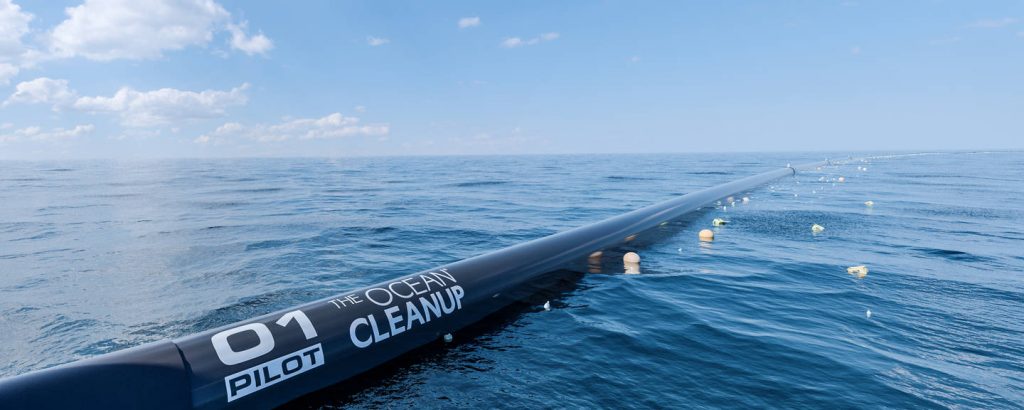Transcript available below.
Tag: ocean plastic

Flotsam (what we’re obsessed with right now)
What do you do if you find yourself at the helm of a major Louisiana marine science institution? If you’re Dr. Craig McClain, you plant the first experimental Alligator falls in the deep Gulf of Mexico!

On the other hand, if you find yourself at the helm of a US Navy destroyer, you might want to review this incredible and exhaustive accounting of the USS Fitzgerald disaster and how training deficits, exhaustion, and poor decision making compounded to create a deadly situation.

Cuttings (short and sweet): Follow the official account of the US Sawfish Recovery Team on twitter! The harmful algal blooms in Florida, explained. From the Ocean Conservancy blog. This environmental news story has resulted in not only heartbreak, but confusion. This explainer post by Ocean Conservancy experts answers many of the questions that folks have … Read More “Red tide, whale poop, and vanishing puffins: Thursday Afternoon Dredging, August 30th, 2018” »
Cuttings (short and sweet): Follow underwater engineer Amy Kukulya, as seen on Shark Week, on twitter! (And have you seen my review of Shark Week 2018?) Marine worms are eating plastic now. By Michael Allen, for Hakai Magazine. Predatory coral bring down jellyfish by working together. From MongaBay news updates. Spoils (long reads and deep dives): … Read More “Plastic Eating Worms and Scientists Running for Office: Thursday Afternoon Dredging, August 16th, 2018” »
The online ocean science community has been vocally skeptical about the Ocean Cleanup, a device that aims to physically remove plastic pollution from the ocean. Drs. Kim Martini and Miriam Goldstein published a technical review of its feasibility over at Deep Sea News, and Andrew asked some important questions that have yet to be answered. Also, be sure to read environmental journalist Chris Clarke’s thorough overview of these concerns.
Overall concerns include a lack of understanding of the problem (including but not limited to the fact that much of the harmful ocean plastic is small and well-dispersed), insufficient structural integrity for a large object that will be deployed in the open ocean (which would result in the object breaking and creating even more ocean garbage), and the fact that this device is designed to aggregate objects of a certain size to remove them from the water but cannot distinguish between plastic and living things.
Mainstream media coverage has been noticeably less critical of the Ocean Cleanup, often presenting the idea as revolutionary and it’s creator as a genius.

I am not an expert in ocean plastic pollution. However, the uncritical tone of most mainstream media coverage of the Ocean Cleanup does not seem to correspond with my impression of expert opinion on this matter from speaking with expert colleagues who study this.
Through professional contacts, I developed a list of 51 ocean plastic pollution experts who work in academia, government, and the environmental non-profit sector, and I sent them some questions about the Ocean Cleanup. 15 (4 in academia, 5 each in government and the non-profit sector, and 1 in industry) agreed to participate in an anonymous survey. While this is not (and not intended to be) an exhaustive survey of the entire field of ocean plastic pollution, the broad agreement among a diverse group of experts is telling. Below, please see what they had to say through some representative quotes. Some respondents chose to provide an on-the-record quote, while many chose to remain anonymous out of concerns about reprisal.
I also asked Lonneke Holierhoek, COO of the Ocean Cleanup, to respond to these concerns. Her comments are included in each section.
Cuttings (short and sweet): Follow marine scientist and public educator Maeva Gauthier on twitter! Want to save the ocean? There’s an app for that! By Tim Fitzgerald, for the EDF blog. Historic deal to curb shipping emissions. By Anna Hirtenstein, for Bloomberg. Spoils (long reads and deep dives): How culture guides belugas arctic odyssey. By Joshua … Read More “Ocean apps and beluga migrations: Thursday Afternoon Dredging, April 19th, 2018” »
Cuttings (short and sweet): Follow marine conservation biologist Julia Spaet on twitter! Nearly half of freshwater turtles are at risk of extinction. By John Platt, for Revelator. Fishing bots “going dark” raise suspicion of illegal fishing. By Scott Neuman, for NPR. Ocean sensors can track progress on climate goals. By Joellen Russell, for Nature News. Spoils (long … Read More “Endangered turtles and fish venom: Thursday Afternoon Dredging, March 15, 2018” »